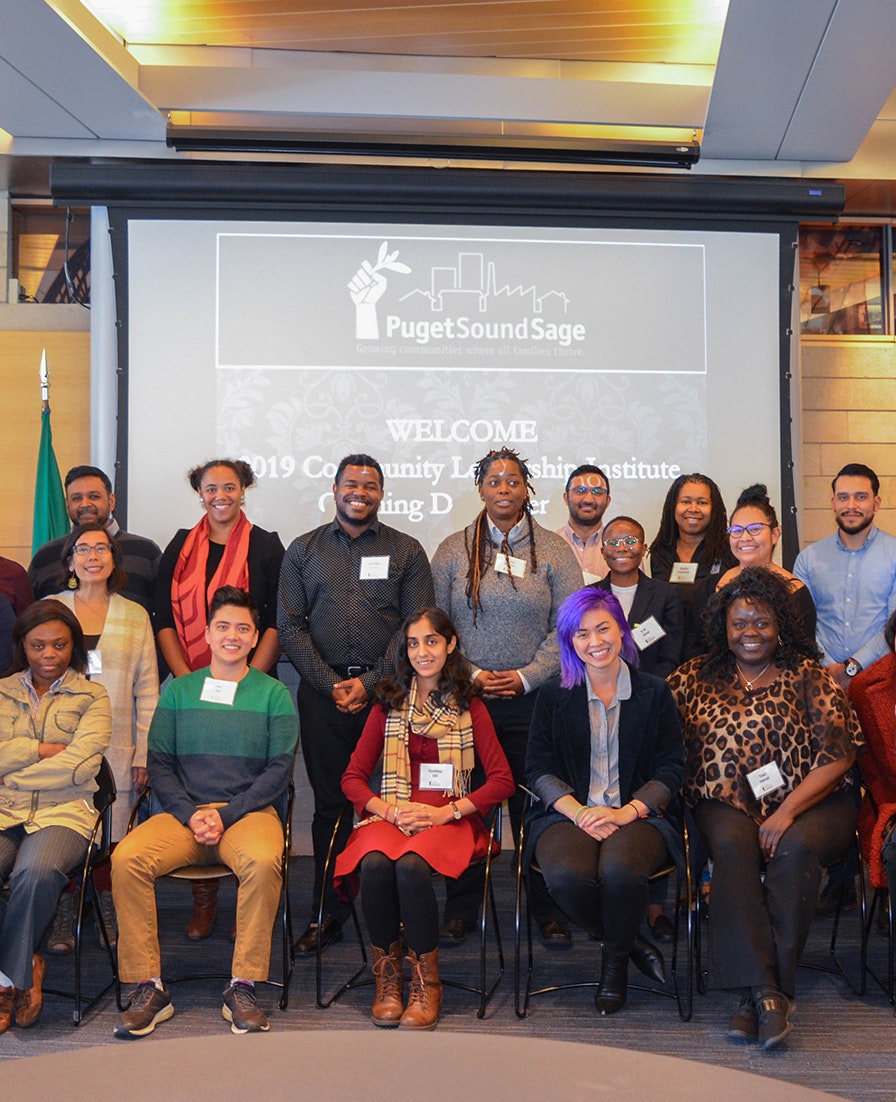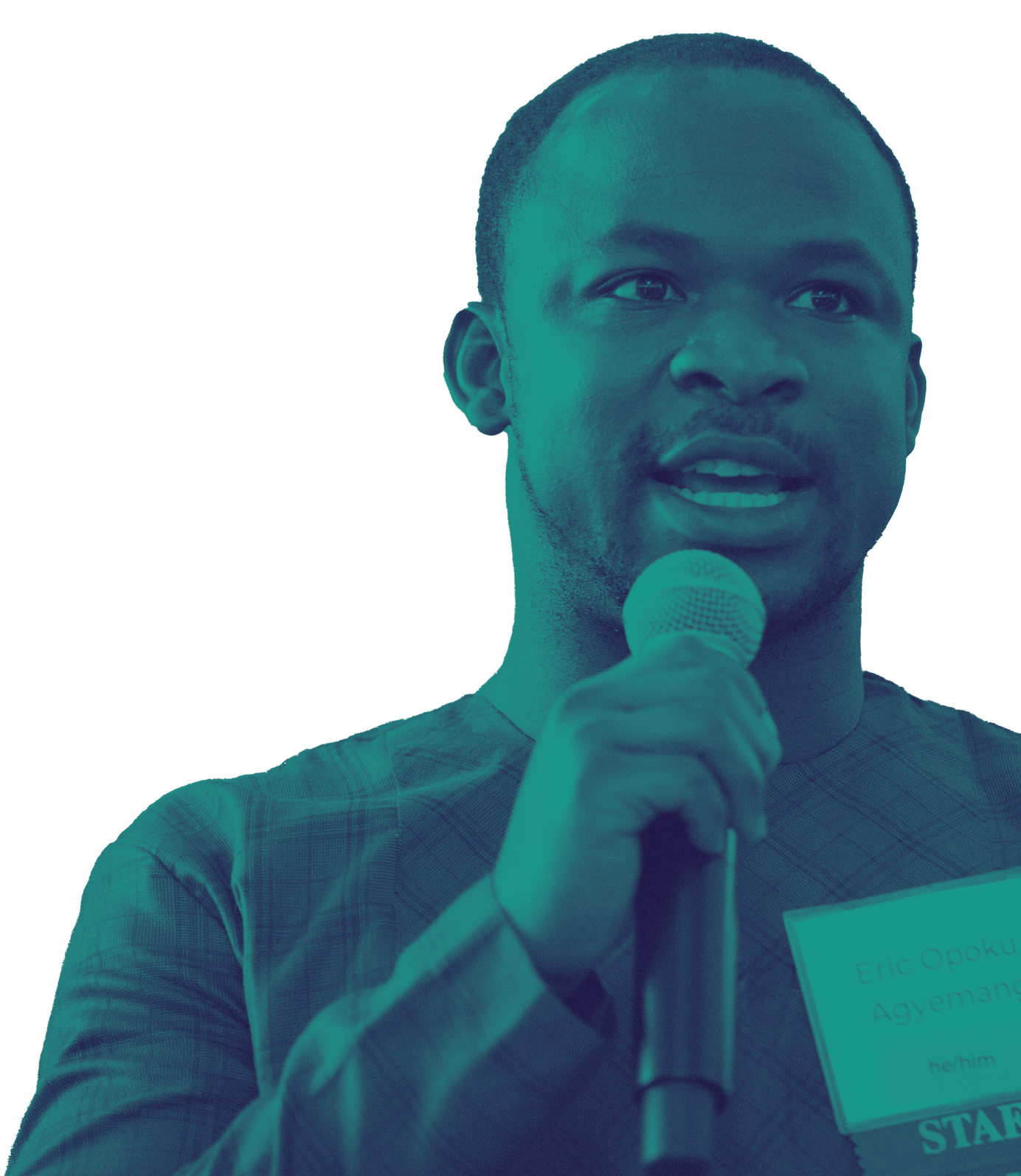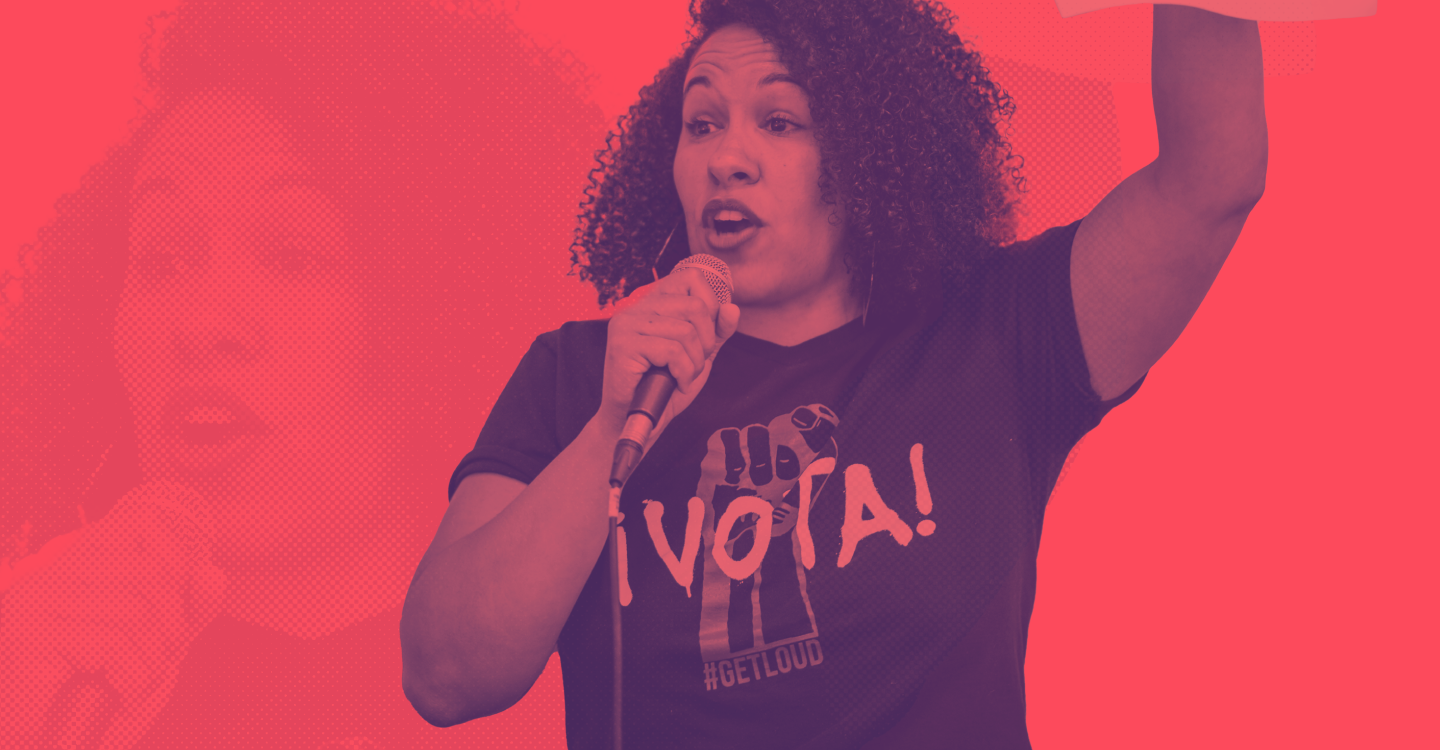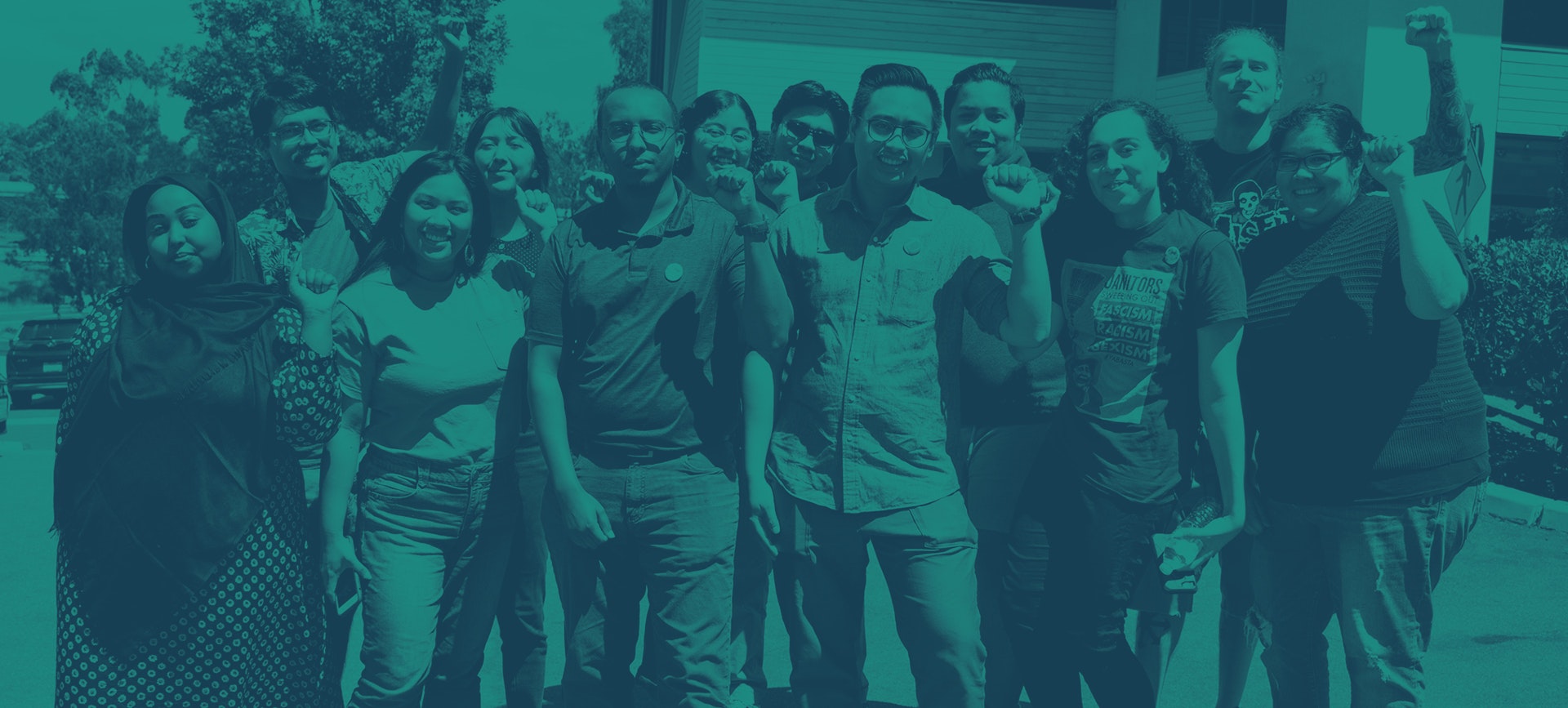
Leadership Development
To transform the world, we must be transformed ourselves
From renters organizing their neighbors to executive directors charting a course through these trying times, our movement requires bold leaders who can face big challenges with love, care, and compassion.
The Challenge
Too often, “leadership” is seen as the domain of charismatic individuals with official titles. This approach concentrates power in the hands of a few, excluding (and losing out on) the wisdom, talent, and shared strength of our communities.
- The structural inequities that pervade our society mean that the people with formal leadership roles are often white, male, and disconnected from the struggles of working-class folks and people of color.
- When women, people of color, and other historically marginalized people do take on positions of power, they often lack the resources and support networks to effectively navigate systems that were built to thwart them.
- This individualistic view also fosters a transactional approach to leadership (you do this for me and I’ll do that for you) that doesn’t build the shared values and trust needed to withstand conflict and advance lasting change.
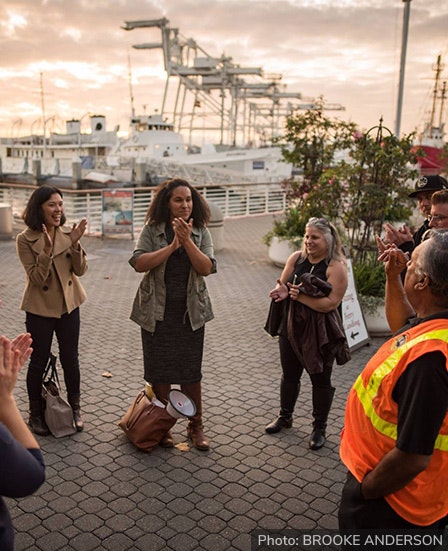
Our Approach
We’re growing a leaderful movement with people across all roles and levels stepping into their power as transformational leaders.
- We believe that to transform our society, we must transform ourselves and our organizations. We provide space and tools to reflect and practice leading with our values, generatively handling conflict, and tapping into resilience and hope.
- Through organizing, leadership institutes, and coaching we support the most impacted people in standing up as leaders in our organizations and communities: Uber drivers advocating for change with their coworkers, low-income residents joining transit commissions, BIPOC and gender-oppressed people leading campaigns and institutions.
- We know leadership is most sustainable when we can call upon others for advice and have a community to support us when times get tough. Through retreats and cohorts, we connect leaders from across our network, nurturing an ecosystem rooted in deep authentic relationships.
